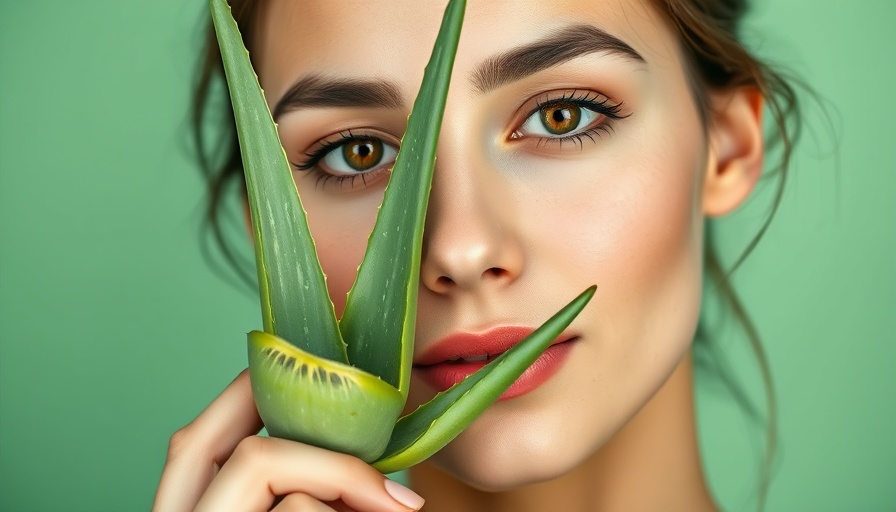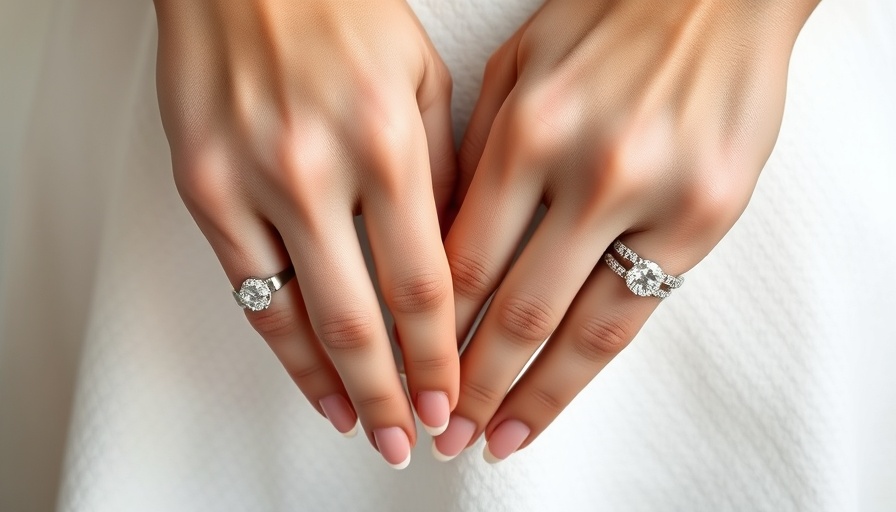
Understanding Sunburn: What Happens to Your Skin?
Sunburn is more than just a superficial skin issue; it’s a complex inflammatory reaction that occurs when your skin is overexposed to ultraviolet (UV) radiation. This exposure can significantly harm the skin’s DNA, leading to inflammation, irritation, and long-term health consequences. Dermatologist Dr. Shweta Mishra emphasizes that while mild sunburn may cause discomfort and redness, severe burns can result in blistering and prolonged skin damage. Even more concerning is the increased risk of skin cancer associated with repeated sun exposure. Understanding the timing of UV radiation can also help you stay sun-safe; the rays are most potent between 10 a.m. and 4 p.m., making it crucial to protect your skin during these hours.
Societal Impact of Sunburn and the Popularity of Aloe Vera
As awareness grows about the dangers of sun exposure, many are turning to natural remedies like aloe vera for relief. With our lives increasingly spent outdoors – from sunbathing on beaches to family picnics in the park – sunburn is a common experience. This cultural shift towards natural remedies reflects broader societal sentiments favoring holistic health methods. The connection to aloe vera is not merely anecdotal; studies, such as one published in Burns: Journal Of The International Society For Burn Injuries in 2007, support its effectiveness in soothing mild to moderate burns.
Aloe Vera: A Natural Solution for Sunburn
The gel from the aloe vera plant is rich in vitamins A, C, and E, antioxidants, and amino acids that play a crucial role in healing sun-damaged skin. Dr. Mishra highlights its anti-inflammatory properties, which not only reduce redness and swelling but also provide immediate cooling relief. Applying aloe vera gel right after a shower, when the skin is still damp, enhances its hydrating effects, locking in moisture that can aid in recovery. It’s essential to treat not just the surface but also the underlying dehydration caused by sunburn.
Why Aloe Vera is Your Go-To Sunburn Remedy
Here’s why aloe vera stands out as a natural remedy for sunburn:
- Cooling Relief: The gel offers immediate coolness, alleviating the uncomfortable burning sensation associated with sunburn.
- Cellular Healing: Its ability to promote healing at the cellular level means that aloe vera can significantly speed up recovery time.
- Hydration Booster: By rehydrating the skin, aloe vera helps mitigate the dehydration that occurs with sunburn, improving skin texture and appearance.
When to Seek Professional Help: Understanding Severe Sunburn
While aloe vera is effective, it’s crucial to recognize the signs that indicate a need for professional medical attention. Severe sunburn may involve symptoms such as blistering, widespread peeling, and persistent pain. Additionally, if a fever develops or if any symptoms worsen, contacting a healthcare professional is vital. Preventing sunburn through diligent use of sunscreen and protective clothing remains the most effective strategy.
Real-life Testimonials: Sharing Experiences
Countless individuals have turned to aloe vera to soothe their sunburn discomfort. Sarah, a beach enthusiast, shares her experience: “After a long day in the sun without sunscreen, my skin was bright red. I applied aloe vera gel as soon as I got home, and it made such a difference in reducing the sting and helping my skin heal.” These shared experiences highlight that while personal results may vary, many find solace in this natural remedy.
Common Myths About Aloe Vera and Sunburn
Despite its popularity, misconceptions about aloe vera's effectiveness as a sunburn remedy abound. Here are a few:
- Myth 1: Aloe vera can cure severe sunburn instantly.
- Myth 2: All aloe vera products are equally effective.
- Myth 3: You shouldn't use aloe vera on broken skin.
Understanding these myths can enhance your approach to sunburn treatment and help you make informed choices for your skincare routine.
Actionable Tips: Using Aloe Vera Wisely
If you're considering using aloe vera for sunburn, here are some simple tips:
- Choose pure, organic aloe vera gel without added fragrances or colors for the best results.
- Store aloe vera gel in the fridge for added cooling relief when applied to sunburned skin.
- Use aloe vera regularly as a preventive measure; incorporating it into your skincare routine can nourish and protect your skin from future damage.
In conclusion, while aloe vera serves as a fantastic natural remedy for sunburn, it’s essential to prioritize sun safety during outdoor activities. Ensure you apply sunscreen diligently and seek shade during peak sun hours. Embrace the healing properties of aloe vera, but remember that prevention is the key to healthy skin.
 Add Row
Add Row  Add
Add 




 Add Row
Add Row  Add
Add 

Write A Comment